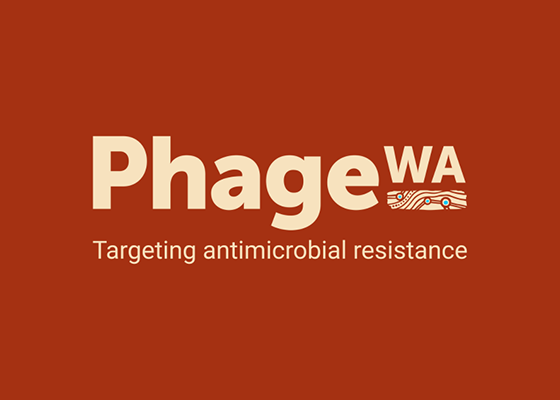Search
Showing results for "Au"
Research
End-inspiratory molar mass step correction for analysis of infant multiple breath washout testsWe aimed to evaluate the use of the EIMM-step method in a broad range of infants.
Research
Food Challenge and Community-Reported Reaction Profiles in Food-Allergic Children Aged 1 and 4 Years: A Population-Based Study.This publication compares reaction profiles from food challenges and parent-reported reactions on accidental ingestion, and assess predictors of severe reactions.
Research
The Secret Life of Your Microbiome: Why Nature and Biodiversity are Essential to Health and HappinessThe Secret Life of Your Microbiome shatters this deeply held myth, presenting a revolutionary new paradigm, backed by vast science
Research
Acute rheumatic fever and rheumatic heart disease: Incidence and progression in the Northern Territory of Australia 1997 to 2010The reduction in ARF recurrence indicates that the RHD control program has improved secondary prophylaxis; a decline in RHD incidence is expected to follow.
Research
The Australian guideline for prevention, diagnosis and management of acute rheumatic fever and rheumatic heart disease (2nd edition)Acute rheumatic fever (ARF) and rheumatic heart disease (RHD) occur at very high rates among Aboriginal and Torres Strait Islander people.
Research
Resilience amongst Australian Aboriginal youth: An ecological analysis of factors associated with psychosocial functioningWe investigate whether the profile of factors protecting psychosocial functioning of high risk exposed Australian Aboriginal youth are the same as those...
Research
International collaboration to assess the risk of Guillain Barré Syndrome following Influenza A (H1N1) 2009 monovalent vaccines.The global spread of the 2009 novel pandemic influenza A (H1N1) virus led to the accelerated production and distribution of monovalent 2009 Influenza A...
Research
Pediatric sepsis in the developing world.Sepsis is the leading killer of children worldwide, but this is not reflected in estimates of global mortality.

News & Events
Consumer Representative Spotlight - Duncan ReadConsumer Representative Spotlight - Duncan Read

Our team uses AI to quickly analyse large amounts of genetic data to help discover alternate medications and improve existing treatments.
